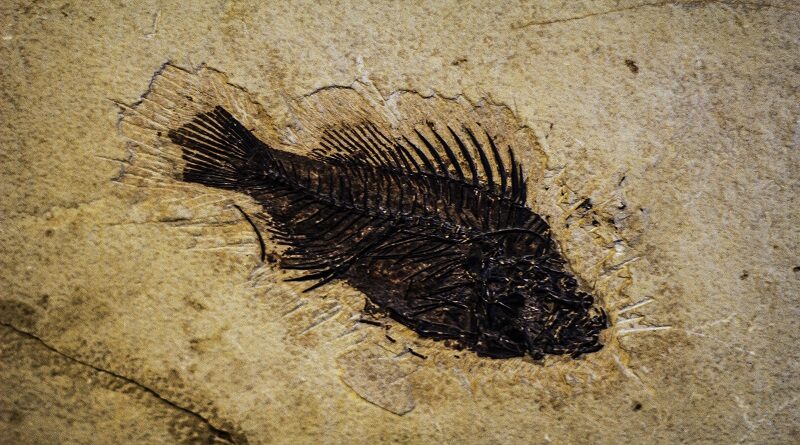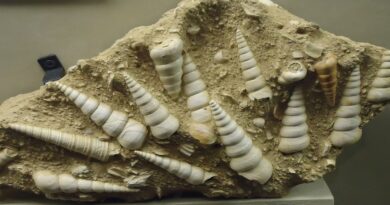Postgraduate courses in Maritime Archaeology
Marine Archaeology is yet another area of archaeology that plays a huge role in research, learning about species of the past and applying that to the present and future.
It is an area that may be of great interest to those who are interested in the sea and underwater experiences. It is also known as marine archaeology.
There’s never a better time than the present to improve and develop your career even further so in order to do so, why not take a look at a postgraduate degree in marine archaeology?
What is maritime archaeology?
Maritime archaeology is a discipline within archaeology that looks at the culture of human interaction with the sea, lakes and rivers. This is done through the association of physical remains found in the water such as vessels, cargoes, port related structures, submerged landscape and even human remains.
What does a marine archaeologist do?
As a maritime archaeologist you may mostly work Monday to Friday, 9am-5pm. You may be required to work evening or weekends on occasion in order to meet deadlines and carry out searches. In archaeology in general, the expected average weekly working hours are around 37.5 hours a week. You will work underwater, as expected, very often. Duties you may carry out include:
- Carry out research in your area
- Carry out fieldwork – shipwreck, aircraft wreckage, submerged indigenous sites, structure remains in water
- Manage archaeological resources
- Record documentation
- Visit different sites that once had human life that may now be covered by water
- Recover sites and objects
- Keep up to date and be aware of laws and regulations of searching and visiting certain places
- Work in a laboratory carrying out research and findings
- Present findings and research to colleagues
- Draft grant proposals
Courses
There are many courses on offer in the area across the UK. Some courses offer the opportunity to study either part time or full time. Universities may have certain restrictions in place due to Coivd-19 and may offer courses online. Courses available include:
Maritime Archaeology
Postgraduate courses in maritime archaeology will look at technologies of seafaring, histories of environmental change and submerged landscapes. Key focuses in the course will incorporate elements of traditional archaeology, ethnography, maritime history and marine science. You will also look at the latest methods for data acquisition and integration.
Coastal and Maritime Societies and Cultures
Programmes in this area will allow students to develop transferable skills with respect to coastal and marine themes. Modules and key focuses in these courses include archaeology of highlands and islands, the nature of islandness from Atlantis to Utopia, rivers, ports and coasts in European history and other relevant research in this area.
Entry requirements
Entry requirements may differ from course to course or university to university. Therefore, it is important to research your specific course in detail to ensure you meet the entry requirements. As these courses are postgraduate courses, you will need a bachelor’s degree. Some courses may accept a 2.2 degree while others will require a 2.1. A degree in archaeology, anthropology, history or other relevant areas are required.
Salary
The salary of an archaeologist may differ depending on where they work and their experience in the field. It is believed the starting wage for an archaeologist is between £19,800 – £20,900. As experience increases you may earn between £29,000 – £31,000 while at senior level you may earn anything from £36,500 – £40,200. As a maritime archaeologist you will earn in or around the same. All figures are based on estimates and are intended to be used as a guide only.
Skills and requirements
Skills and requirements helpful in this area include:
- Excellent communication skills
- Excellent writing skills
- Critical thinker
- Ability to work well with others
- Attention to detail
- Strong interpersonal skills
- Perseverance
- Patience
- Hard working
- An interest in history
- Observation skills
- Good IT skills
- Flexible in relation to location
- Presentation skills




